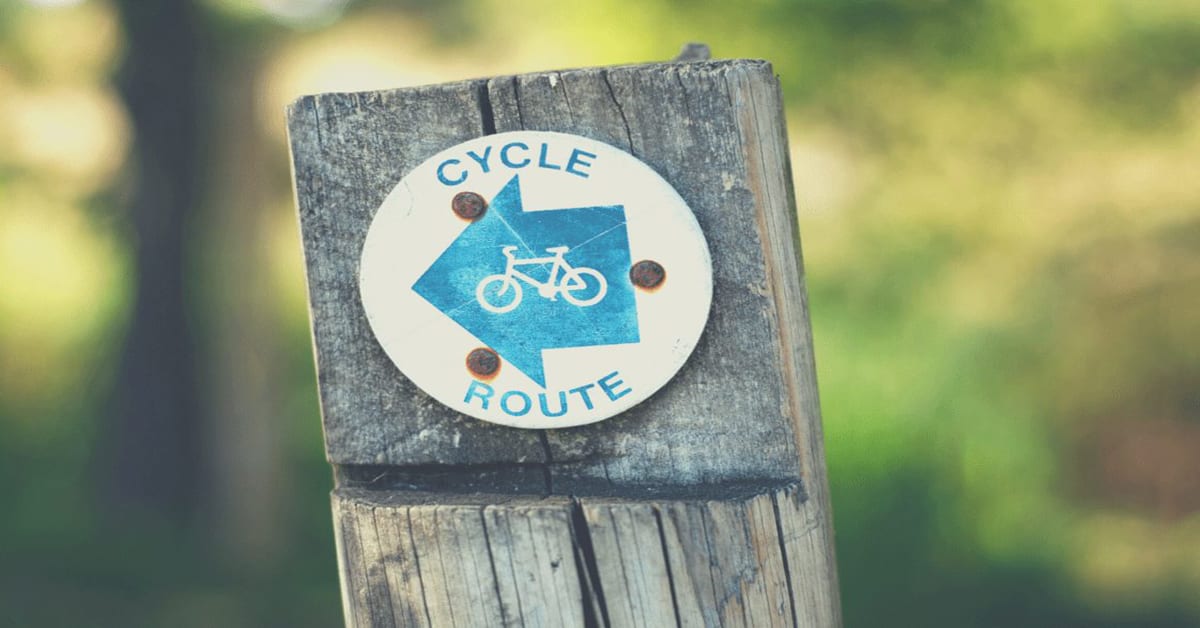Going zero waste can be daunting.
It’s no secret that making sustainable choices can be expensive, organic foods are on average 50% more expensive than non-organic, some reusable water bottles cost north of £40, and swapping your car for a Tesla can be pretty eye-watering.
But, whilst some sustainable endeavors are out of reach for most, others won’t cost you the earth and a few can even save you money!
In this guide, we’ll be unpacking the 7 steps you can implement today to reduce your impact on the earth and save some cash to boot.
Step 1: Get energy efficient
Energy efficiency can often be one of those topics to put people to sleep and can often feel like a fruitless endeavor, but, small energy-efficient changes can soon add up, and before you know it you’ve cut your consumption and your bills along with it.
Here are some top ways to be more energy-efficient:
- Switch to LED bulbs (the white glow might take some getting used to at first)
- Switch off electronics at the plug when not in use
- Don’t use your dryer where possible
- Wash your clothes at a lower temperature
- Defrost your freezer if it gets full of ice
- Install a smart meter
- As and when appliances need replacing, swap for more energy-efficient options
Step 2: Get clever about commuting
16.7 million people commute by car in the UK daily, all those cars on the road adds up to a lot of air pollution, add to this the ever-growing costs of running and maintaining a car and suddenly the case for a conscious consumer becomes pretty strong. You can eradicate your emissions with these swaps below:
- Get a bike – cycle scheme estimate you could save £3000 by switching to cycling to work.
- Get public transport – Public transport is cheaper than driving and has a significantly lower environmental impact, a single full bus could replace 50 cars on the road.
- Car share – the least favorable option, but still beneficial is to share your commute with a colleague you could half your costs and impact by sharing your ride.
Step 3: Be a water-saving warrior
One-third of the world’s population find themselves living in conditions of water scarcity at least 1 month of a year that means some 2.7 billion people find themselves without the basic human right of access to water.
Despite all the technological triumphs of the last decade it’s never been more of a struggle to get access to water so, there’s never been a better time to curb your water-wasting habits and save some money in the process:
- Turn off those taps – every single minute you leave a tap running wastes 6 liters of water. Don’t throw a bath full of water away just from brushing your teeth, turn off the taps whilst not in use and install tap aerators to save on water whilst they are on.
- Time your showers – try seeing if you can shower in less time by taking on our challenge. Stick on your favorite song and try to finish up in the shower before it’s over. For a bit of added motivation remember every minute less you spend in the shower could save 17 liters of water.
- Don’t do the dishes – before you get too panicked at the thought of your kitchen sink looking like a student, hear me out! By filling and using your dishwasher instead of doing the dishes by hand you can curb your water-wasting ways.
- Low flush loos – the average UK household flushes the loo 5000 times a year, with each flush using 6 liters of water. You could drastically cut the amount you use a flush by popping a brick in a carrier bag in your cistern.
- Can the hosepipe – A running hose pipe can use as much as 1,000 liters of water an hour! Swap to a watering can for when you’re watering the plants.
Step 4: Get busy with baking soda
What can you clean your teeth with, use to keep yourself smelling fresh, and make bread with? the answer is the super versatile baking soda. This simple household item could save you cash, reduce your exposure to toxins, and slash your waste.
But how?
Try these fantastic homemade recipes using baking soda; which are super simple, inexpensive, and toxin-free:
Step 5: Repurpose and reuse
One mans junk is another mans treasure – truly are words to live by. A bit of creativity and a reuse first mindset are all it takes to transform into a waste-fighting, treasure meaking reuser and repurposer.
Here are some tips to get started:
- Donate – give someone else the chance to give your trash a new lease of life by donating stuff you no longer have any use for; apps like Freecycle, Freegle, and Gumtree are great places to start.
- Get crafty – a quick google search could be all that’s between you and your next great invention, search “uses for ___” inserting whatever broken, buckled, or smashed stuff you have lying around and see if you can turn that trash into treasure.
- Repair – don’t be tempted to dump items that can be fixed and put to use, search out a local repair shop – support a local business, and breathe new life into broken stuff.
Step 6: Forget fast fashion
The average brit spends £1,000 a year on clothes! Most of which is spent on fast fashion producing, polluting companies who’s unethical and unsustainable practices leave a lot to be desired.
Put your money to better use and give the toxic fast fashion industry the boot by giving our top tips below ago:
- Stitch, patch, make-do, and repurpose old clothes with tears, rips, and stains. You could turn those old t-shirts into clothes, get those old jeans repaired, and give away those items that are a bit of a squeeze.
- Use sites like eBay and Depop or visit your local charity and vintage shops to find some second-hand gems before buying brand new.
- Start a capsule wardrobe – the idea behind the capsule wardrobe is to keep your wardrobe paired down, classic and minimal so you can pass on the temptation to keep up with trends and reduce waste as well as save money with a more mindful approach to what you wear.
- If you buy new, make sure you spend your money on ethical and sustainable brands that are supporting our earth.
Step 7: Turn your back on food waste
Over 7 million tonnes of food is wasted every year in the UK, 5 million of which could be eaten! Clearly, this mindset is unsustainable and efforts should be made by everyone to give the finger to food waste.
Top 5 ways to cut food waste:
- When shopping, go with a plan, have a list, and know exactly what you’ll need for your meals. Avoid the temptation to overbuy and buy things you don’t need that could easily find their way into your bin
- Make use of your freezer – batch cooking and freezing is a great way to increase the shelf-life of meals and have meals to hand for when you need them.
- Take note of use-by dates when you’re out shopping to make sure you don’t buy food that’s close to expiring and make sure you throw food in the freezer that is close to being on the way out.
- Give OLIO a go, the food sharing app that connects you with neighbors, shops, and cafes to put food to use that would otherwise get chucked.
- Love your leftovers – get out of the habit of scraping your plate into the bin when you’re full, keep leftovers stored for meals and snacks you can have the following days.
There you have it, with these 7 steps you can eliminate your electricity bill, reduce your water waste, and cut your carbon footprint. Share these steps with friends and family and watch your efforts multiply, remember your efforts are never in vain, together we can make a positive change.
About the Guest Author:
Josh is the owner of Soseas, a zero-waste brand, and a scientist based in London, United Kingdom with a passion for sustainability and the outdoors!








